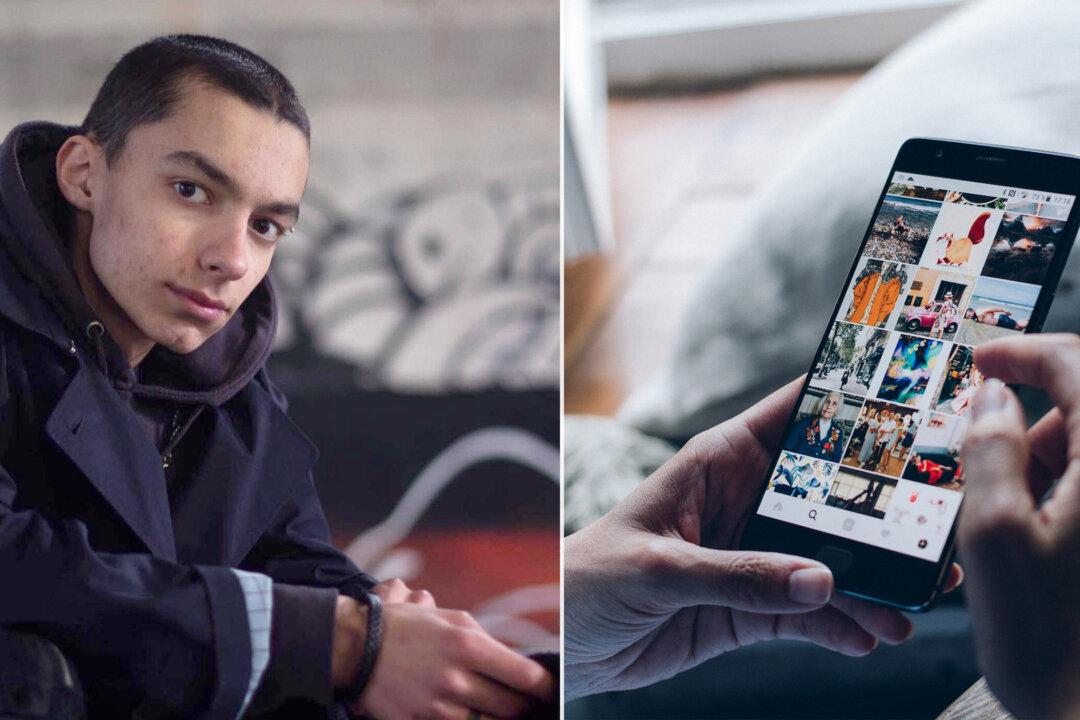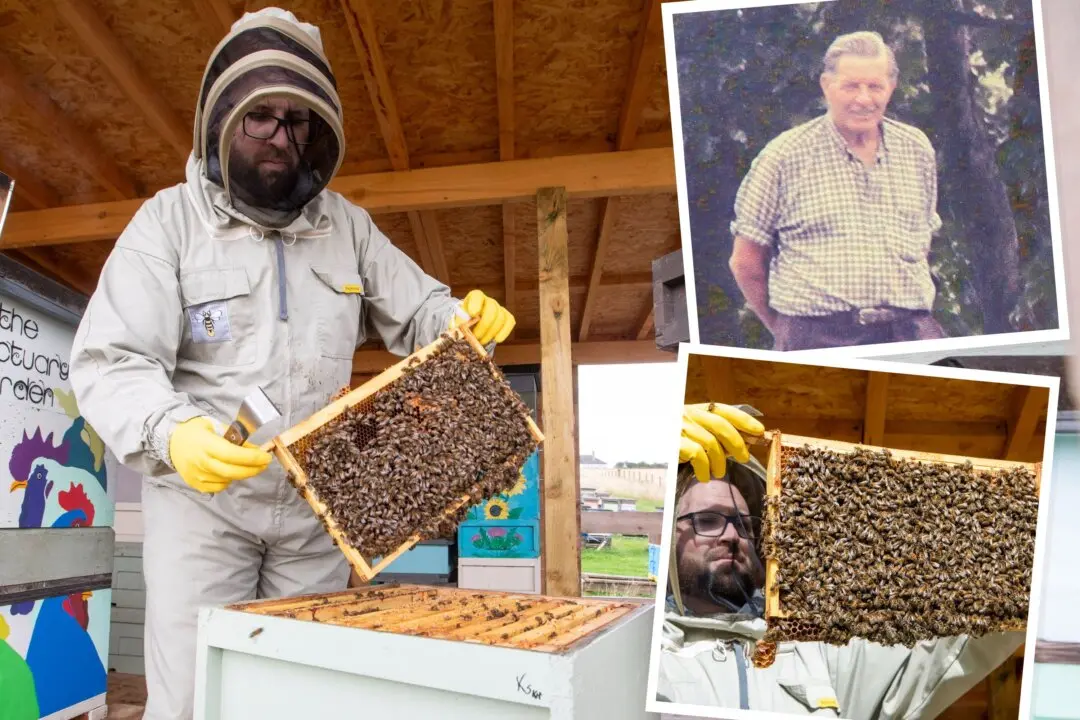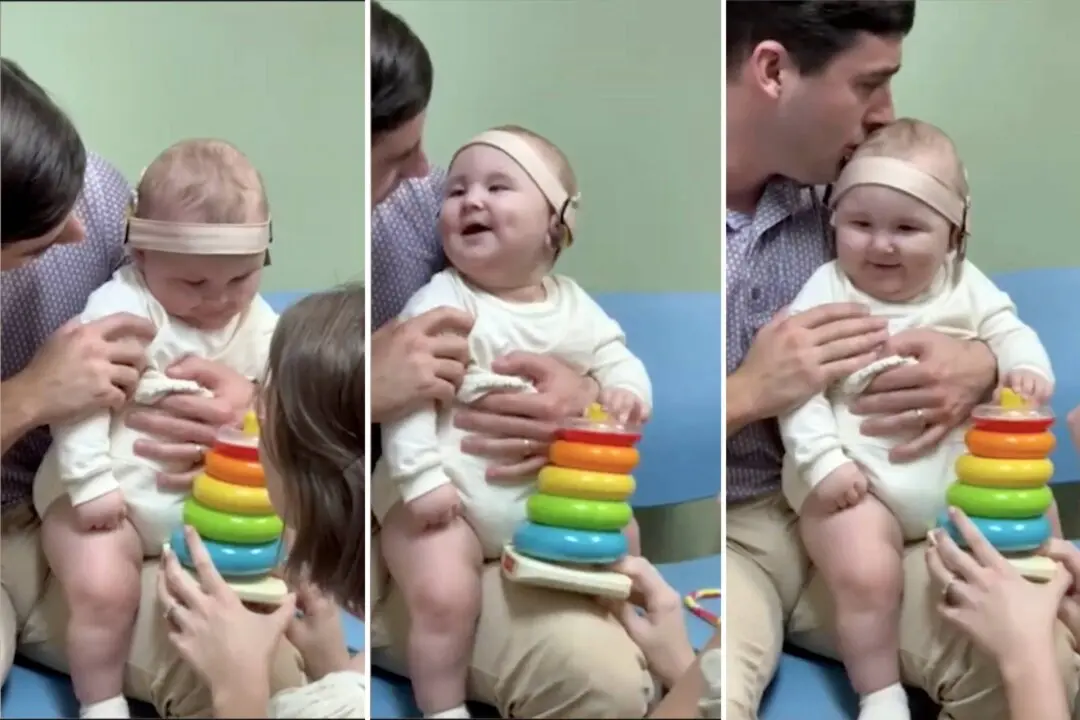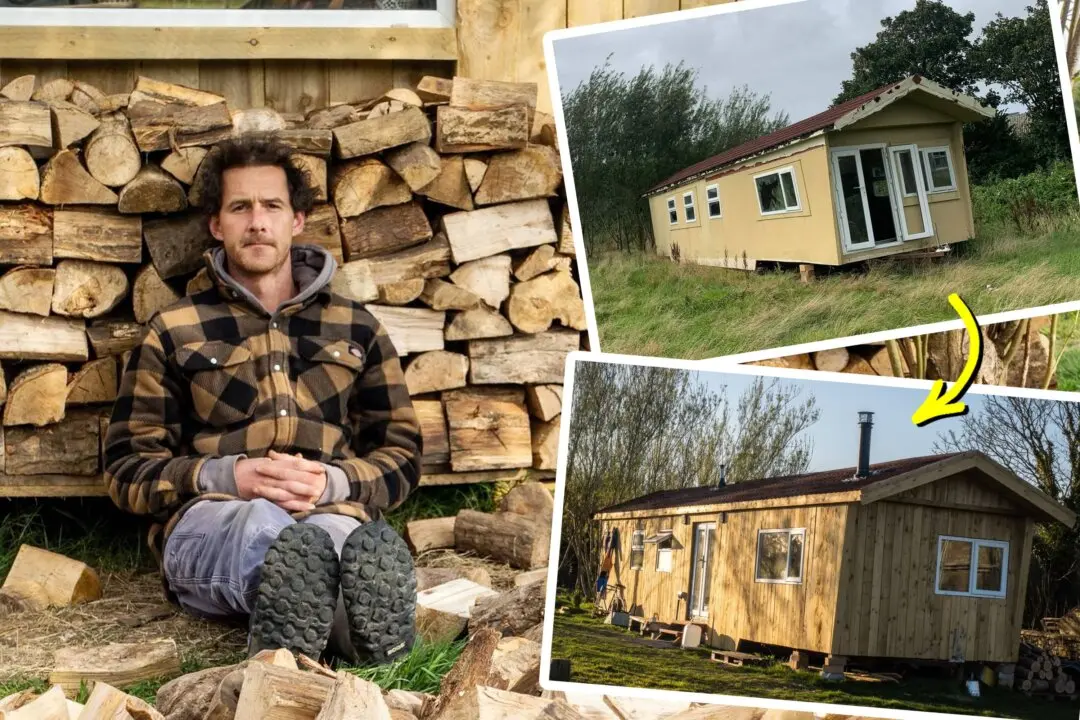A 17-year-old podcast producer who was addicted to endless scrolling on social media said his health and life dramatically improved when he quit it all in a digital detox.
Ilias Michael, from Lostwithiel, Cornwall, a county in England’s rugged Southwestern tip said combining it with meditation has helped with ADHD and improved his mental health.





